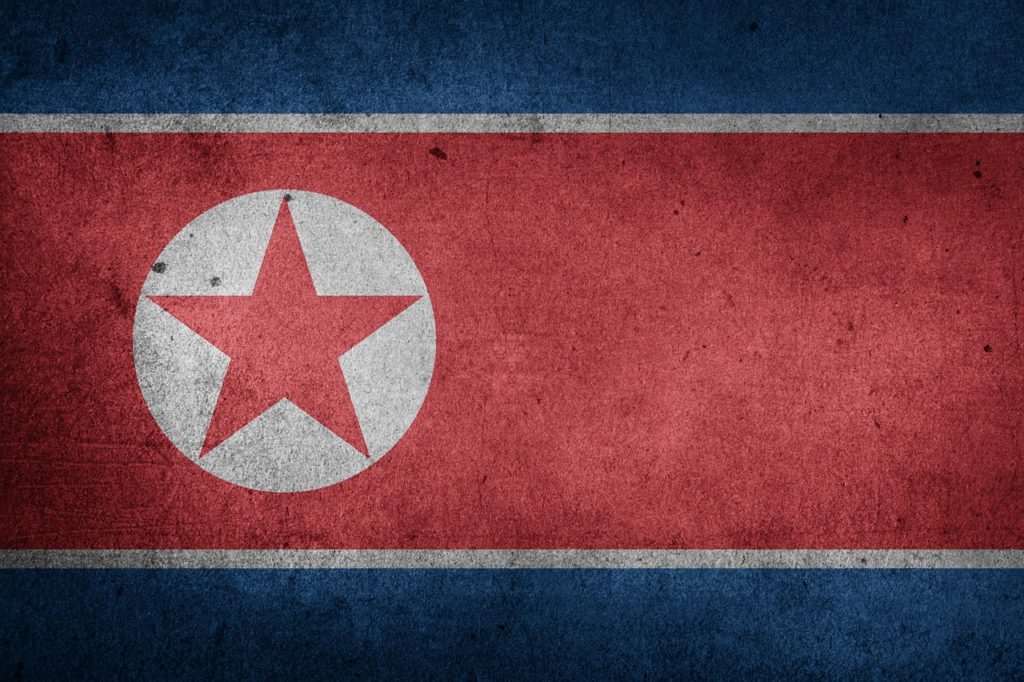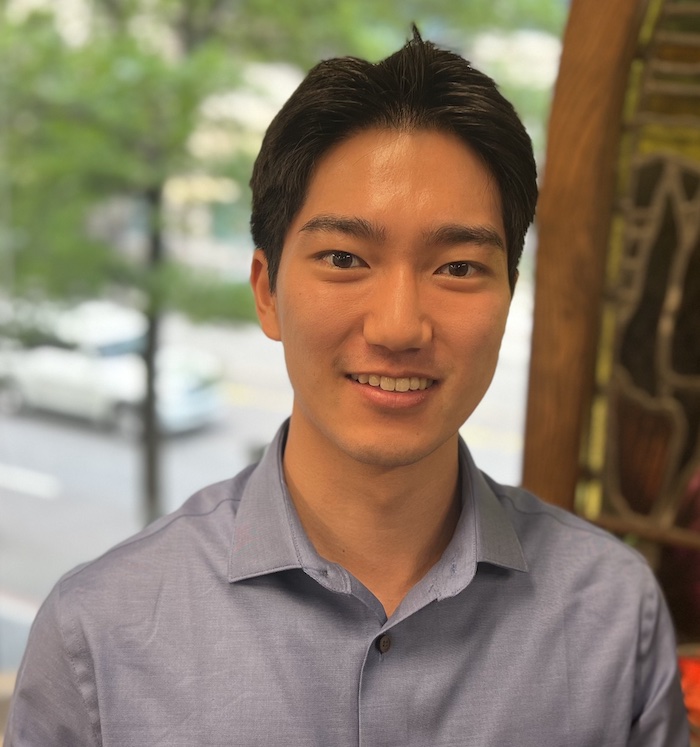With the advent of a new conservative government in South Korea in May 2022, the forced repatriation of two North Korean fishermen who fled to South Korea and were returned to the north in 2019 is again in the spotlight. This tragedy confirmed some conservatives’ worst fears about the former appeasement-minded South Korean government’s North Korea policy disregarding human rights.
“The photos of fishermen who were seeking asylum being physically forced to return to communist North Korea against their will and without due process of law are painful to view,” said Congressman Chris Smith (R-NJ), Co-Chair of the Tom Lantos Human Rights Commission.
Under the North Korean Government’s severe human rights violations, since 2012, the number of defectors has averaged 1,300 per year.
The recent report titled Organized persecution, published in 2021 by the United States Commission on International Religious Freedom (USCIRF), reveals that the Workers’ Party of Korea (WPK), the ruling party in North Korea, has strengthened restrictions on religious freedom from 2018 to 2019.
In the report, a former correctional officer in North Korea, Kim Chil Seok, said: “We constantly received Workers’ Party of Korea directives [prohibiting the practice of superstitious activities] from above (WPK). They sent those down as the orders and guidelines of Kim Jong-Un. We got many of those in 2018 and 2019, about once a month. Previously we got the same content, but only about twice a year…”
In fact, the WPK even fortified the same human rights violations that were disclosed by the United Nations Human Rights Council (UNHRC)’s “Report of the Commission of Inquiry on Human Rights in the Democratic People’s Republic of Korea (DPRK)” in 2014. In this regard, DPRK has been at the top of the World Watch List of Open Doors, a non-denominational organization supporting persecuted Christians worldwide.
The WPK’s organized persecution started during the Korean War. The violence of the 1950-1953 conflict not only established North Korea’s antipathy toward the United States but also nursed enmity toward Christianity. During this period, most Christians fled to South Korea or were executed by the WPK for cooperating with the Allied Forces.
Kim Il-sung, the communist former leader of the DPRK, followed Karl Marx’s view that religion legitimizes the domination of the bourgeoisie and weakens the revolutionary consciousness of the exploited class.
“Religion is a reactionary and unscientific worldview” that “paralyzes people’s class consensuses and expunges their sense of revolution,” Kim Il-sung said.
Before Korea’s liberation from Japanese colonization in 1945, there were 3,022 churches and approximately 300,000 Christians throughout North Korea, as estimated by the North Korean Church Reconstruction Committee, a committee under the General Assembly of the Presbyterian Church of Korea. Even the WPK’s annual report published in 1950 articulated that there were 2,000 churches, approximately 200,000 Protestants, and 53,000 Catholics in North Korea.
From 1958, WPK distinguished religious people and their families and started a large-scale religious suppression throughout political parties, workplaces, schools, and public institutions until 1960. Churches disappeared without a trace.
However, even under this significant suppression, two forms of Christianity have kept their faith through the official and underground churches. In the 1980s, the WPK allowed the establishment of two churches: Bongsu Church and Chilgol Church in Pyongyang, responding to criticism from international authorities for its violation of religious freedom in North Korea. The Home Church consists of the descendants of Christians who survived the Korean War and kept their faith in secret. Home Church members are mobilized by the WPK to conduct worship at Bongsu Church and Chilgol Church.
However, permitted attendance at the two official churches doesn’t mean WPK doesn’t discriminate. Those Christians are more closely regulated and monitored by the WPK. Due to the negative social perceptions against Christianity, they face social discrimination. Also, any evangelism activities result in executions or sentencing to political prison camps.
The Ground Churches flourished during the great famine of the 1990s called “the March of Suffering” in North Korea. During the March of Suffering, about 300,000 fled to China to find food, and about 200,000 returned to North Korea to bring food for their families with the help of churches and mission organizations in China. Christian scholars in South Korea estimate that approximately 70-80 percent of those North Koreans heard the Gospel directly or indirectly in China, and about 50,000 practice their faith in North Korean underground churches.
In 2018, the WPK claimed that five religions are allowed in North Korea: Buddhism, Roman Catholicism, Chondoism, Protestant Christianity, and Russian Orthodox Christianity, with 15,000 Chondoists, 10,000 Buddhists, 800 Catholics, and 12,000 Protestants. However, USCIRF evaluates that Christianity is the only active religion in North Korea. Religious persecution was severe: about 300,000 Christians disappeared in the post-war division of Korea to only about 12,000 remaining in the North.
In this time of polarization among churches in the United States, Christians in North Korea make us ponder what it means to be a follower of Jesus. Perhaps we are the ones who need their prayer.
No comments yet





